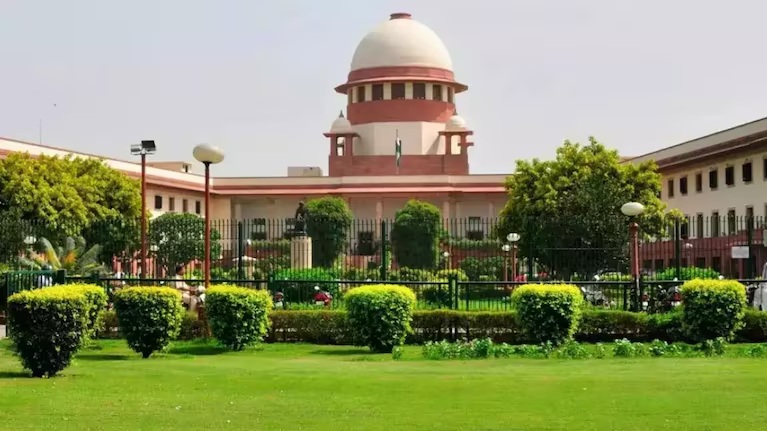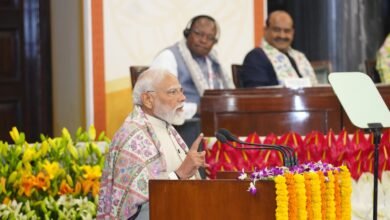Can Muslims be governed by succession law instead of Shariat? Supreme Court to examine
News Mania Desk / Piyal Chatterjee / 19th April Desk

On Thursday, the Supreme Court consented to review whether Muslims can adhere to secular Indian succession law regarding their ancestral and self-acquired assets rather than Shariat without abandoning their beliefs.
A bench consisting of Chief Justice Sanjiv Khanna and Justice Sanjay Kumar acknowledged a petition submitted by Naushad KK, a resident of Thrissur district in Kerala, requesting to be subject to the succession law rather than Shariat without abandoning Islam.
The court sent notices to the Centre and the Kerala government regarding his request for their replies.
“The present writ petition seeks judicial recognition and protection of the right of Muslim individuals to testamentary autonomy, specifically, the right to opt out of the testamentary limitations imposed by Muslim Personal Law (Shariat) if they explicitly and voluntarily choose to do so,” Naushad said in his plea.
He pursued legal acknowledgment of the right of Muslim individuals to fully exercise their testamentary freedom, specifically the liberty to diverge from limitations set by Muslim Personal Law (Shariat) in Will creation. The request questioned whether the state could impose religious obligations on those who clearly opt out, particularly when such imposition violates their fundamental rights.
The request, thus, aimed to instruct the governments to “acknowledge and respect” the wills created by Muslims, as long as they adhere to secular laws, without requiring them to be validated under Muslim Personal Law. According to Shariat, the petition stated, a Muslim individual can leave a maximum of one-third of their assets via a will, and for Sunni Muslims, this is restricted to those who are not heirs.
“The remaining two-thirds must be distributed among legal heirs according to fixed Islamic inheritance principles (Faraid). Any deviation from this is deemed invalid unless the legal heirs consent. This restriction on testamentary freedom raises critical constitutional concerns,” it said. Religious inheritance rules violate constitutional rights, denying Muslims testamentary autonomy and infringing personal liberty and dignity.
“When a Muslim opts out of Nikah and marries under the Special Marriage Act, 1954, the State does not enforce Nikah, even if both parties are Muslims. Moreover, it presumes that by marrying under the Special Marriage Act, they have opted out of the entire Muslim Personal Law, including inheritance provisions, even without explicitly opting out of testamentary restrictions,” it said.






